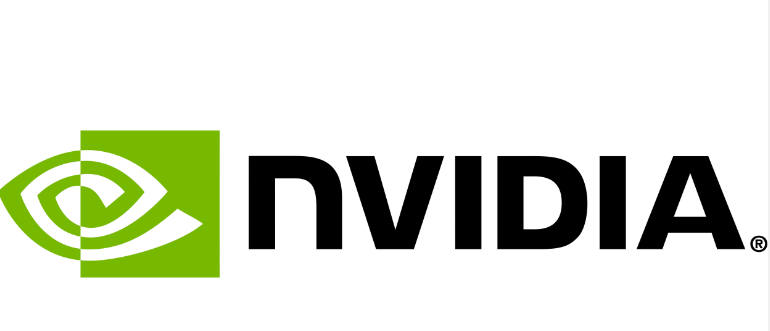Quantum Computing Pioneers Unveil Future of Supercomputing at NVIDIA

In the quest to harness the full potential of quantum computing, a panel of experts shared their insights on the advancements and challenges in the field in a NVIDIA short film, “Quantum Accelerated Supercomputing: Powering Tomorrow’s Breakthroughs”. These experts are at the forefront of combining quantum computing with classical supercomputing to tackle some of the most complex problems in science and technology.
Dr. Jin-Sung Kim from NVIDIA emphasized the importance of ecosystem collaboration.
“NVIDIA is working with partners across industry, universities, and government labs to build an ecosystem that will make this happen,” said Kim. This collaborative approach is crucial for the development and application of quantum computing technologies.
At the National Energy Research Scientific Computing Center (NERSC), Dr. Katie Klymko highlighted the role of simulation in quantum research.
“GPU-powered supercomputers like Perlmutter enable the entire quantum community to develop better algorithms and processors,” she said.
Klymko’s work demonstrates how classical computing resources can advance quantum computing research.
Dr. Nathan Gemelke of QuEra Computing discussed the innovative use of atoms as qubits.
“The way that we quantum compute is that we take individual single atoms and we cool them down,” said Gemelke. “Using laser cooling, we trap them in a focus laser beam that we call an optical tweezer.”
This approach represents a promising direction for increasing the scale and fidelity of quantum computing.
Highlighting the challenge of error correction, Dr. Yonatan Cohen from Quantum Machines, said: “The main problem with quantum processors today is that they’re noisy and there are lots of errors.”
His partnership with NVIDIA to build the DGX Quantum system aims to address these errors by improving the interaction between quantum processors and classical computing power.
The film also touched on the concept of hybrid algorithms, where Klymko noted that “there are a lot of hybrid algorithms that are actively being developed and deployed.” These algorithms leverage the strengths of both quantum and classical computing to solve complex problems more efficiently.
The insights from Kim, Klymko, Gemelke, and Cohen underscore the multidisciplinary effort required to advance quantum computing. By addressing the challenges of simulation, scale, fidelity, and error correction, the experts are paving the way for quantum computing to revolutionize fields such as drug discovery, environmental science, and beyond.
